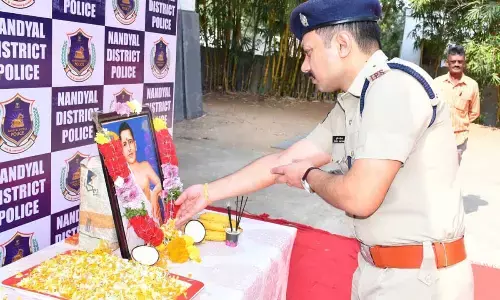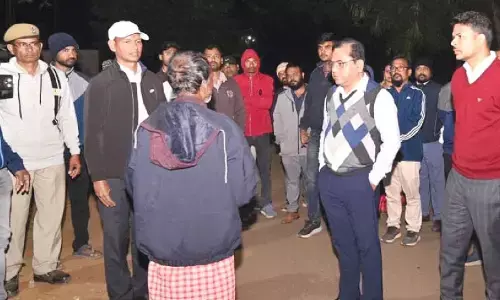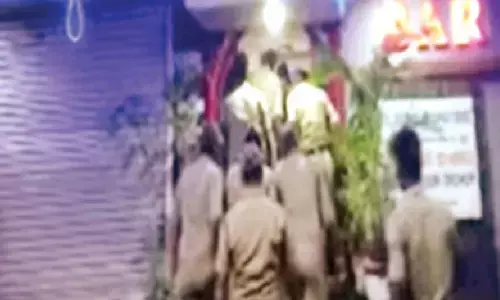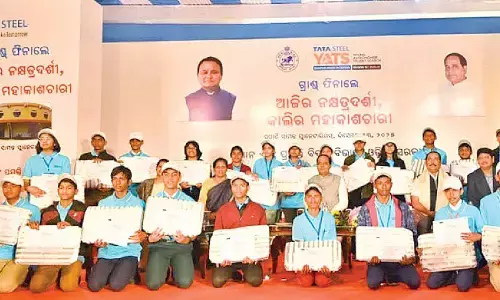Netaji Suibhash Chandra Bose- Great Patriot and Champion of Indian Freedom struggle
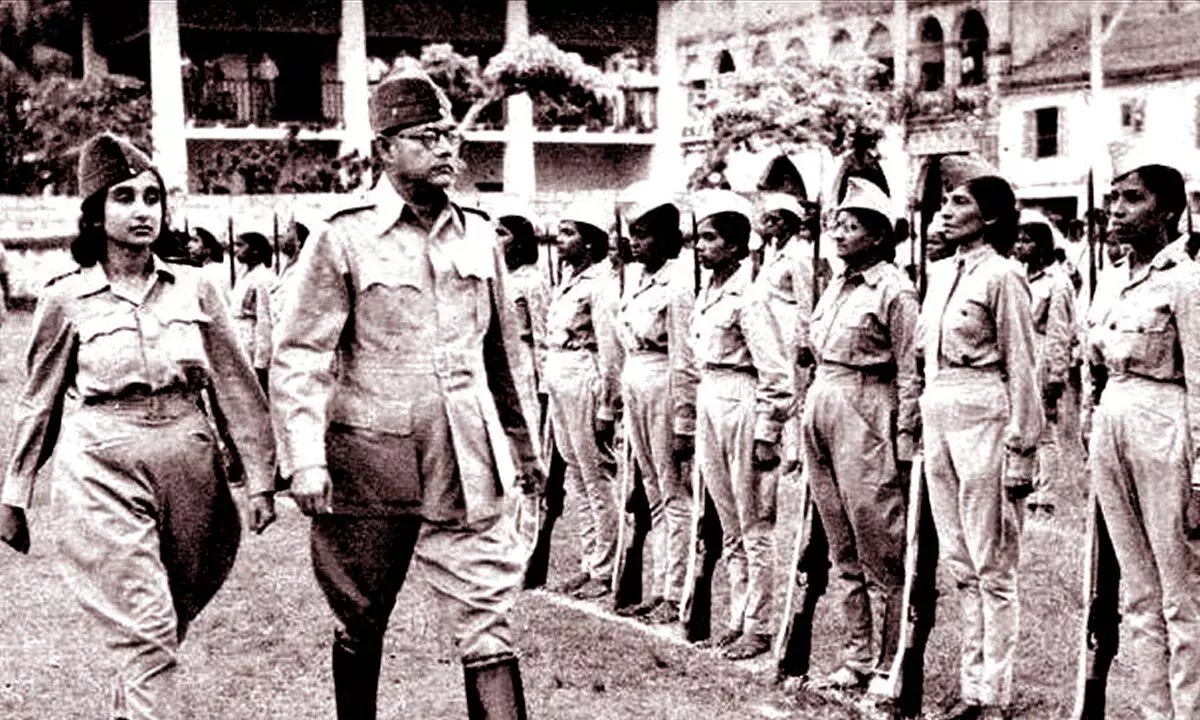
In the history of India’s struggle for freedom, one man stands out in all distinctiveness and a class by himself. That is Subhas Chandra Bose. He is a unique phenomenon of twentieth century India. The exile in Burma from 1924 to 1927 was the first major turning point In Subhas's public career in that it saw the transformation of a lieutenant to a leader.
In the history of India’s struggle for freedom, one man stands out in all distinctiveness and a class by himself. That is Subhas Chandra Bose. He is a unique phenomenon of twentieth century India. The exile in Burma from 1924 to 1927 was the first major turning point In Subhas's public career in that it saw the transformation of a lieutenant to a leader.
Subhas Bose was born into wealth and privilege in a large Bengali family in Orissa during the British Raj. The early recipient of an Anglocentric education, he was sent after college to England to take the Indian Civil Service examination. He succeeded with distinction in the vital first exam but demurred at taking the routine final exam, citing nationalism to be a higher calling.
Returning to India in 1921, Bose joined the nationalist movement led by Mahatma Gandhi and the Indian National Congress. He followed Jawaharlal Nehru to leadership in a group within the Congress which was less keen on constitutional reform and more open to socialism.
In the late twenties, Subhas Chandra Bose and Jawaharlal Nehru, emerged as the two ambassadors of youth and the spokesmen of the rising Left in national politics. Bose appeared at the Calcutta Congress in 1928 in a resplendent military uniform. His sponsoring the Independence resolution at that historic meeting in opposition to Mahatma Gandhi was the first demonstration of his being ahead of his times and of his contemporaries
Bose became Congress president in 1938. After reelection in 1939, differences arose between him and the Congress leaders, including Gandhi, over the future federation of British India and princely states, but also because discomfort had grown among the Congress leadership over Bose's negotiable attitude to non-violence, and his plans for greater powers for himself. After the large majority of the Congress Working Committee members resigned in protest, Bose resigned as president and was eventually ousted from the party
The second major turning point in his public career and development came during his enforced exile in Europe from 1933 to 1936. He gave an ultimatum to British imperialism to quit India at Tripuri in 1939, and for left consolidation at
Ramgarh in 1940. He sounded the final battle cry of 'all power to the people' at Nagpur the same year. In January 1941, Subhas Chandra Bose disappeared from his home in Calcutta and reached Germany via Afghanistan. He sought cooperation between Germany and Japan against the British Empire.
In July 1943, he arrived in Singapore from Germany. In Singapore he organised the Azad Hind Fauj (Indian National Army) composed mainly of Indian
prisoners of war. Azad Hind Fauj proceeded towards India to liberate it from British rule. Enroute it liberated Andaman and Nicobar Islands. In January 1944. Azad Hind Fauj crossed the Burma Border, and stood on Indian soil on March 18 ,1944. However, the defeat of Japan and Germany in the Second World War forced INA to retreat and it could not achieve its objective. Subhas Chandra Bose was reportedly killed in an air crash over Taipeh, Taiwan (Formosa) on August 18, 1945.














